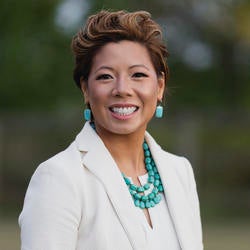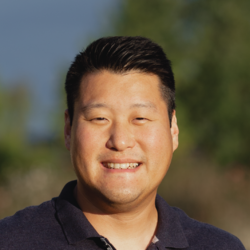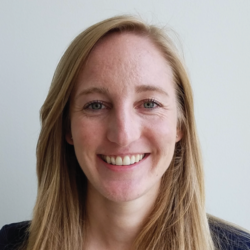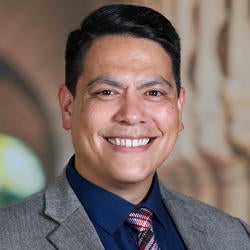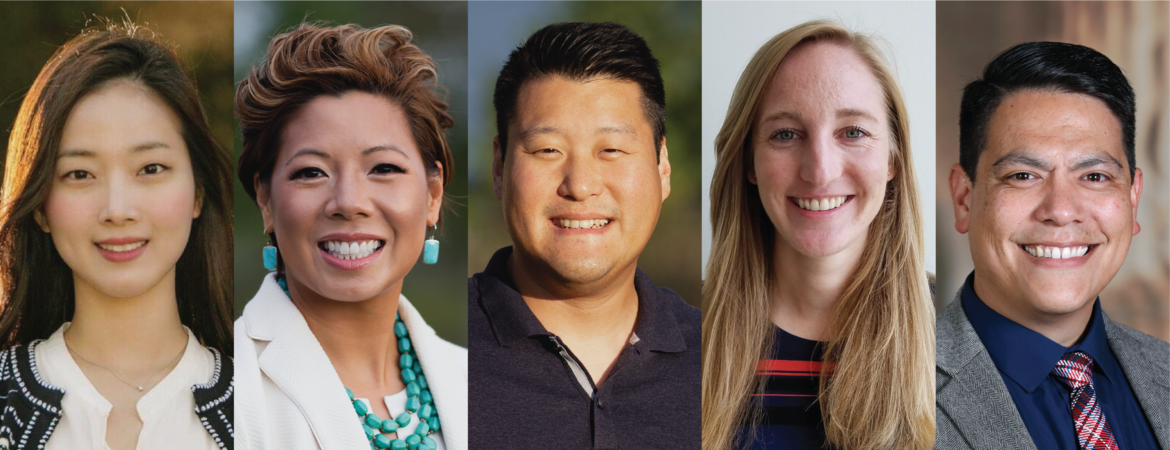
The Graduate School of Education at University of California, Riverside is delighted to welcome five new faculty to its ranks.
Eui Kyung Kim is an Assistant Professor in the School Psychology program at the University of California, Riverside. Her research interests focus on understanding the pathways to risk and resilience among children and adolescents. She has been conducting research on universal mental health screening, early identification, and prevention services for children's social and emotional health. Dr. Kim is currently conducting grant-funded research on a mentorship program (Check, Connect, & Respect) where undergraduate mentors are trained and supervised to provide one-on-one mentorship to struggling youth in local schools. She also conducts research internationally, examining the social and emotional development of children and adolescents from diverse cultural and linguistic backgrounds.
Alice Y. Lee is an Assistant Professor of Critical Literacy, theorizes about the racial and linguistic life experiences of teachers, and how such experiences are embodied into pedagogy to offer the frame, Teacher Embodiment as Lived Pedagogy. She employs this lens to interrogate the continued maltreatment of Black Language speakers in schooling. Her scholarship utilizes ethnographic case study methodologies and draws on critical race theory, cultural practice theories, and raciolinguistics. Lee’s work on Teacher Embodiment as Lived Pedagogy connects conversations about diversifying the teacher workforce and demands for Black linguistic justice. Specifically, she argues that teachers of color have a unique raciolinguistic apparatus that afford them a predisposition to live culturally responsive and anti-racist pedagogies. She applies this work towards teacher selection, recruitment, and education. Lee was awarded a Spencer Small Grant in 2019 to explore the role of teacher race in the enactment of culturally responsive pedagogies. She strives for praxis in her work through two main avenues: 1) efforts to diversify the teacher workforce through recruitment pipelines, and 2) innovating linguistically just practices for Black Language speakers in early childhood and elementary classrooms.
Lee is a former elementary teacher, with experiences teaching from grades K through 7. She also has extensive experience conducting professional development for teachers and cultivating partnerships between schools and universities. She is currently co-chair of the Diversifying the Teacher Workforce Institute within the American Association of Colleges for Teacher Education. Lee was acknowledged with the University Research Initiative Award in 2020 from Illinois State University. She is part of the 2017-2018 Scholars Transitioning into Academic Research (STAR) fellowship program in the Literacy Research Association, and sits on the editorial review board of the organization’s flagship journal, Journal of Literacy Research. Her scholarship includes the inaugural chapter on critical race methodologies in literacy research in the third edition of Literacy Research Methodologies, and is also published in Journal of Curriculum Studies Research, Literacy Today, The Reading Teacher, Language Arts Journal of Michigan, and Talking Points.
Amos Lee is an Assistant Professor of Teaching in the Graduate School of Education at University of California, Riverside. He has a Ph.D. in Curriculum and Instruction from the University of Illinois at Urbana-Champaign. As a former elementary and middle school teacher in small urban schools, his area of interest is in equity issues that continue to plague school systems. His research investigates the intersection of race and space in the ongoing struggle over school desegregation. He employs critical race frameworks and methodologies to expose and examine race-based inequities embedded within school of choice policies and practices. Lee has also taught a prison-based course on critical race theory within education and pursues a research agenda supporting incarcerated scholars to share their counter stories with a broader audience. He currently serves on the editorial review board of the Journal of Higher Education in Prison.
Stephanie Moore is an Assistant Professor in the School Psychology program. She received her Ph.D. in Counseling, Clinical, and School Psychology from the University of California Santa Barbara in 2018. She completed her pre-doctoral psychology internship with the National Center for School Mental Health at the University of Maryland Baltimore and postdoctoral research training in mental health services and systems and implementation science in the Department of Mental Health at the Johns Hopkins Bloomberg School of Public Health. Moore’s research interests focus on the implementation of multi-tiered systems of evidence-based mental health supports, with a focus on school-based prevention and early intervention to prevent mental illness and promote wellness. Her research background is in early identification, including universal mental health screening and evaluation of rating scales, to inform referral to intervention. Her expertise spans school and mental health service systems, social-emotional and behavioral screening, multi-tiered systems of support, evidence-based prevention and intervention programs for youth, and implementation science.
Anthony Muro Villa III is an Assistant Professor of STEM Teaching and Learning. He was born in Corona, CA and later raised in Victorville, CA. He taught high school mathematics for eleven years in Ventura, CA. He recently received his Ph.D. in Mathematics Education with an emphasis in Race, Inequality, and Language in Education. He has broad experience working and producing scholarship within a research-practice partnership, teaching within teacher education, and developing and leading teacher professional development.
His current work centers on how power operates in mathematics classrooms to promote or inhibit students’ learning opportunities. Using a blend of qualitative methods, he examines this at three significant levels: (1) how teachers conceptualize, exercise, and delegate their authority to students when implementing groupwork, (2) how classroom conditions and the nature of a task endorse students’ mathematical learning outcomes, and (3) how student peers’ perception of their role and learning goals support or deny their peers’ access to mathematical learning. His work incorporates the views of teachers and students, innovate approaches to video analysis, and partnering with multiple educational stakeholders to promote practices, theories, and policies that push beyond equity. He seeks to use his expertise to inquire how mathematics can be genuinely incorporated in ways that enhance teacher education and students’ STEM experiences, particularly for those populations that have been historically marginalized and barred from its access.
